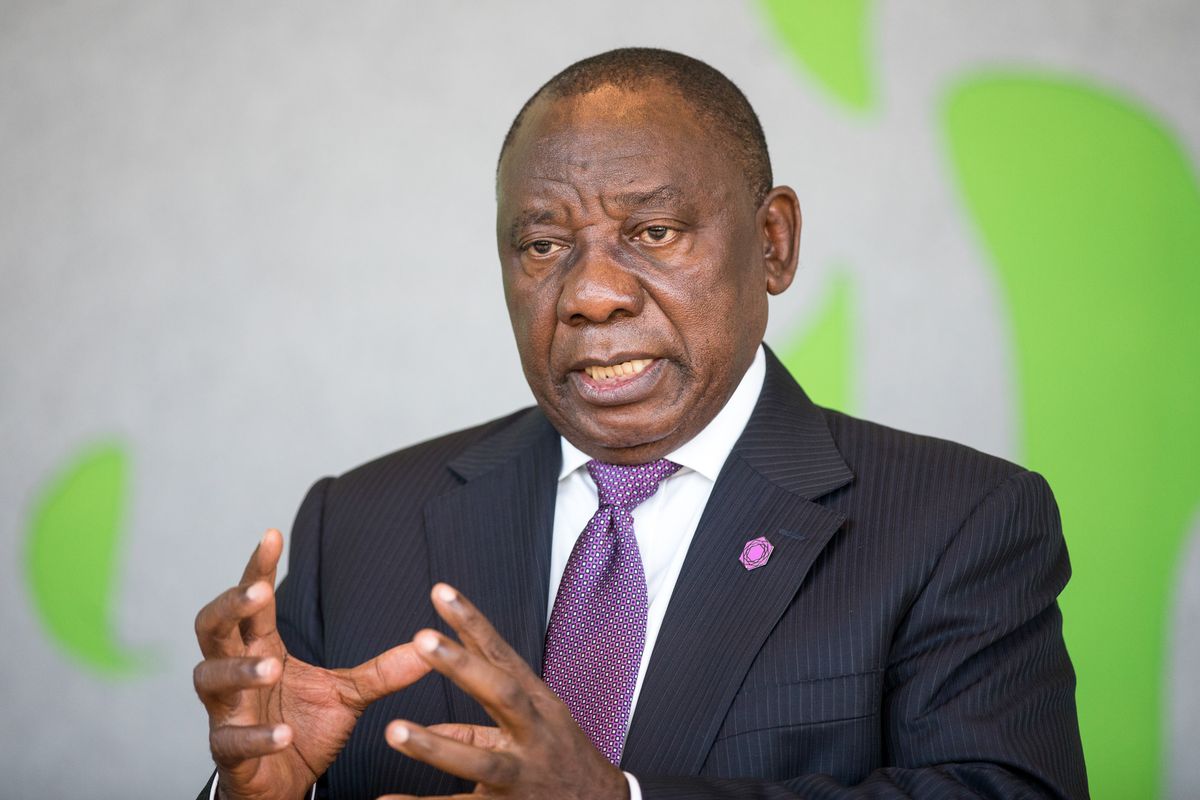Sri Lanka to host India and South Africa in women’s tri-nation series
Sri Lanka will host a ti-nation women’s ODI series, involving India and South Africa during the months of April and May.
The formation of South Africa’s new unity government under President Cyril Ramaphosa has ushered in a wave of cautious optimism.

South African president Cyril Ramaphosa (Photo: Twitter)
The formation of South Africa’s new unity government under President Cyril Ramaphosa has ushered in a wave of cautious optimism. With the inclusion of Mr John Steenhuisen from the Democratic Alliance (DA) and of other opposition parties, the government aims to rejuvenate economic and social landscape. This unprecedented coalition, formed out of necessity after the African National Congress (ANC) failed to secure a majority in the May 29 election, has been met with mixed reactions, highlighting both potential and pitfalls. The decision to bring the DA, known for its centre-right, pro-business stance, into the fold could be a game-changer for South Africa’s economy.
The inclusion of key ministries such as agriculture, public works, environment, and basic education under the DA’s leadership is seen by many as a step toward much-needed economic reform. Business leaders have expressed their readiness to collaborate with the new administration, hoping for policies that foster growth and stability. However, this optimism is tempered by significant concerns. The expanded cabinet, now larger to accommodate coalition members, has raised eyebrows. Critics argue that increasing the number of deputy ministers to 43 is an unnecessary burden on the state’s resources and contradicts previous calls by the DA itself for a leaner government. This expansion could dilute the efficiency of governance, making it harder to achieve the intended reforms. Moreover, the merit of these appointments has been questioned.
Advertisement
The Federation of Unions of South Africa (FEDUSA) and other observers say that political considerations seem to have overshadowed the need for technical expertise. In an economy struggling to recover from a decade-long slump, appointing leaders based on political allegiance rather than their ability to address the nation’s urgent needs is a risky gamble. The absence of outside experts in key portfolios could hinder the coalition’s ability to implement effective policies and drive meaningful change. The new government’s success will largely depend on its ability to balance political interests with the nation’s economic imperatives. While the inclusion of the DA has been welcomed by the business community, the coalition must not squander this goodwill. Swift and decisive action is needed to tackle issues such as unemployment, poverty, and inequality. Ensuring that meritocracy guides appointments and policy decisions will be crucial in maintaining credibility and public trust. In this delicate balancing act, President Ramaphosa and his cabinet face a formidable challenge.
Advertisement
They must navigate the complex dynamics of coalition politics while delivering on their promises of revival and progress. Failure to do so could deepen public disillusionment and exacerbate existing socio-economic divides. As South Africa stands at this crossroads, the new unity government has an opportunity to chart a course toward a brighter future. By prioritising expertise and efficiency, and fostering genuine collaboration across political lines, it can harness the potential of the coalition to drive the country forward. The coming months will be critical in determining whether this government can rise to the occasion and deliver the change that South Africans desperately need.
Advertisement